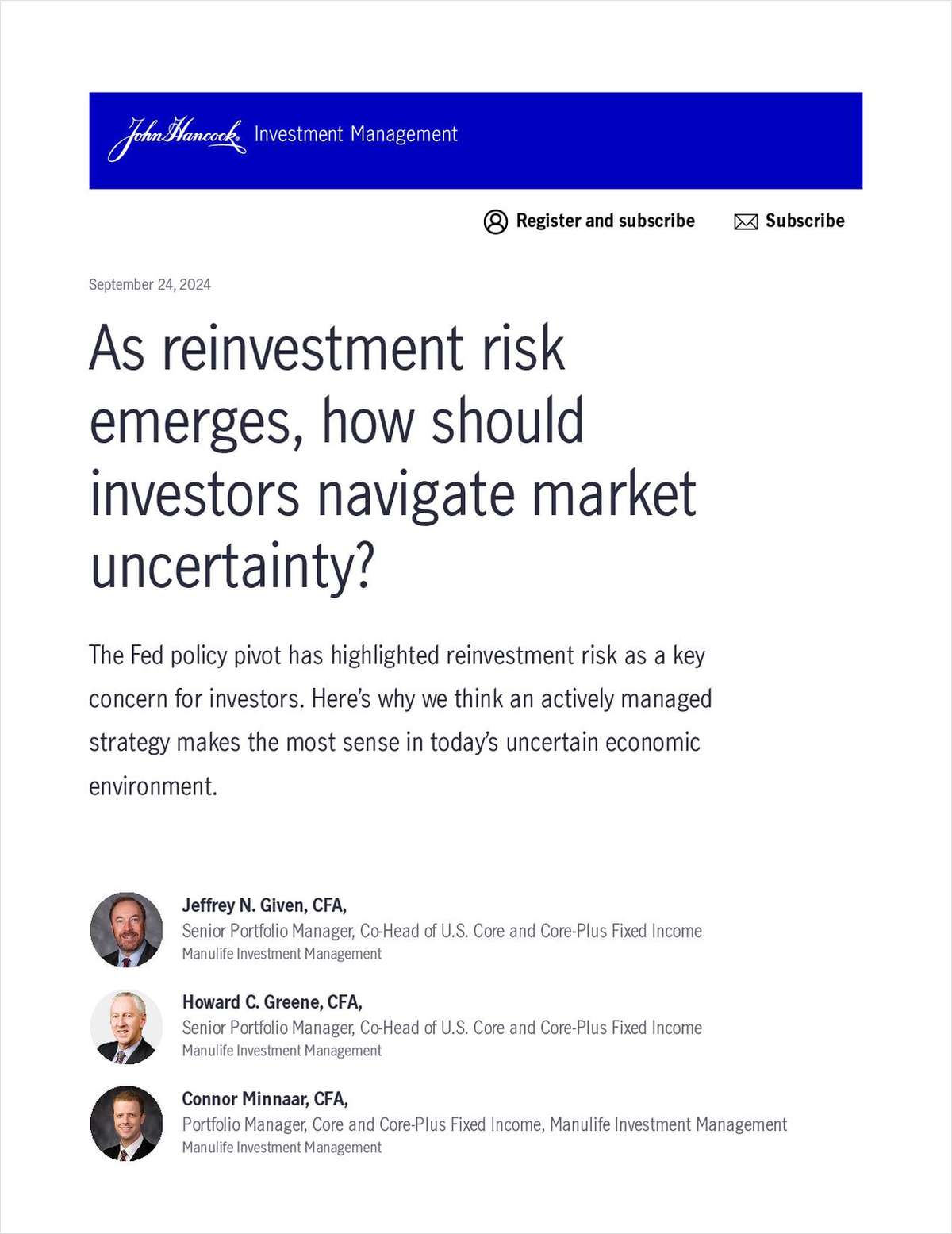Advisors have decided, like it or not, that the fiduciary standard is coming. And they are getting ready, re-shaping their businesses to be prepared for the inevitable.
First, they're focusing on larger fee-based relationships.
Second, they're trimming the price tags on their services – a major driver behind the rapid growth in advisor ETF use. (According to one study, close to 80% of advisors use or recommend ETFs, up from 40% in 2006.)
And, third, they are credentialing up with an alphabet soup of professional tags: CFP, CIMA, AIF, CPWA, CRPC, CRPC, CPWA and QPFC, among others.
The higher regulatory bar means that wirehouses and other advisors are offering fewer managers to clients. They want to prove that the pros know every offering on their platforms thoroughly.
The handwriting has been on the wall since the fiduciary conversation started. Recently, FINRA issued a letter which says advisors and firms must act in the best interests of clients.
While not a formal fiduciary standard, the path FINRA is heading down is clear.
What Lies Ahead
Fee-based business is a more natural fit for a fiduciary process than for a commission business. An advisor who is a fiduciary is required to have a well-documented process that drives an investment program, which is consistent with client objectives and in their best interests.
In-depth client knowledge and an extensive due diligence process are required for an advisor to devise an investment program that is compliant with the fiduciary standard.
Most advisors will understandably conclude that it's not feasible to offer small accounts this level of service. For those advisors, the simpler suitability standard is more appropriate.
Suitability really means that an advisor must know his client's needs and make investment recommendations that fit those needs.
Commission business is much more problematic under a fiduciary standard. For instance, does an advisor have to review the decision-making process behind each trade in accordance with a fiduciary standard?



